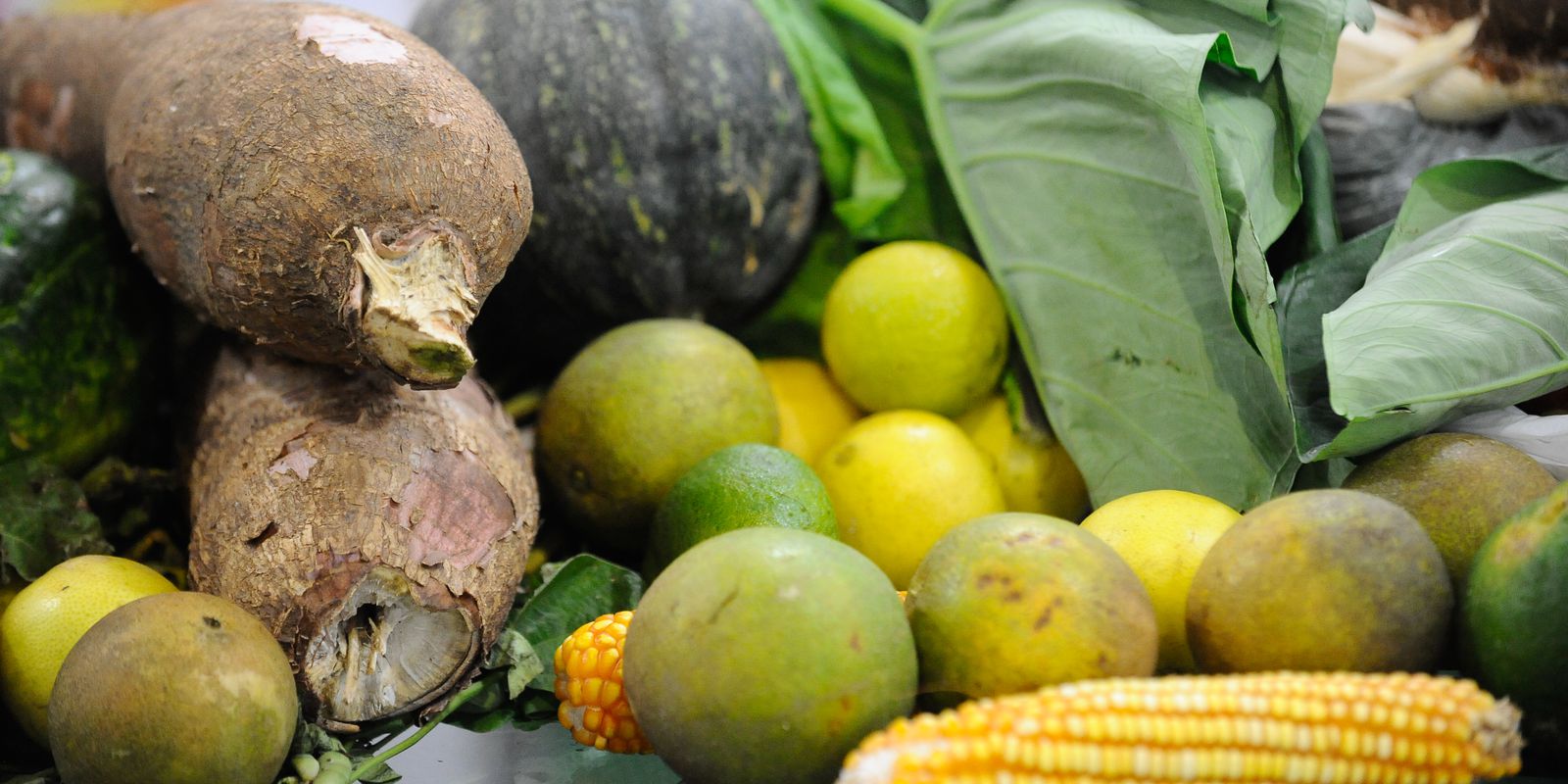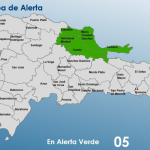A guide from the Ministry of Health (MS) provides recommendations for feeding children after the breastfeeding period. Among them, the main one is to avoid the consumption of ultra-processed foods, such as stuffed cookies, snacks, chocolate, etc. It is that from the second year of life, children begin to to have have more contact with the outside world and are more exposed to advertising for this type of product, whether through television, social media, at school or when interacting with other children.
The material, called Food Guide for the Brazilian Populationaims to help parents in the task of encouraging a healthier diet for children and emphasizes that healthy eating is important at all times of life.
According to data from the Public Report of the National Food and Nutrition Surveillance System, of the children monitored in Primary Health Care in 2020, 15.9% of those under 5 years old and 31.8% of children between 5 and 9 years old were overweight . Of these, 7.4% and 15.8%, respectively, were obese, according to the Body Mass Index (BMI) for their age.
Good eating habits should start from 6 months of age, when children begin to eat foods other than breast milk. According to the guide, it is important for adults to encourage children to eat food from an early age. in natura.
From this stage onwards, the diet should consist of real food, that is, meals made with fresh or minimally processed foods, from different groups, such as beans, cereals, roots and tubers, fruits and vegetables, in addition to meat. .
It is also necessary to avoid the consumption of sweetened beverages, that is, soft drinks, box juices, powdered juices, soft drinks, dairy drinks and chocolate. The same goes for snacks such as ready-made hamburgers, sausages (sausages, sausage, ham, bologna and salami), instant noodles, packaged snacks, cookies and treats.
Exclusive for pregnant women
Another important reminder of the guide is that before the age of two, breastfeeding is recommended, which provides all the nutrients necessary for the baby’s development. Breast milk exclusively for the child up to six months of age, and it is unnecessary to offer any other type of food or drink, such as baby food, porridge, teas, juice and others.
In addition to being important for the health of the baby, breastfeeding also brings benefits to the woman, such as reducing the risk of developing breast, ovarian and endometrial cancer. The explanation is that, during the period of breastfeeding, the rates of certain hormones that favor the development of this type of disease reduce.
Regarding pregnant women, the guide points out that, at this stage, consumption of water, various fresh and minimally processed foods are important to meet the need for fundamental nutrients, such as iron, folic acid, calcium, vitamins A and D, among others.
For this specific audience, MS has a Food Guide for Pregnant Women. Healthy eating during pregnancy favors good fetal development, the health and well-being of women, in addition to preventing the onset of diseases such as gestational diabetes, hypertension and excessive weight gain.
Among other recommendations, the material states that a healthier diet helps to avoid symptoms such as nausea, vomiting and dizziness, heartburn, gastric fullness, constipation, weakness, fainting, among others.
To do so, it is enough to change the consistency of the food, ingesting softer and more pasty options, not consuming liquids during meals, avoiding the consumption of fatty, sweet, spicy and strong-smelling foods and not lying down after meals are also habits that can help to alleviate these symptoms.
It is important to seek adequate dietary guidance, with the help of a health professional and that considers factors such as social vulnerability and income, support network, age and working conditions of each pregnant woman.

















